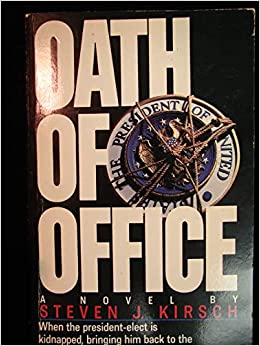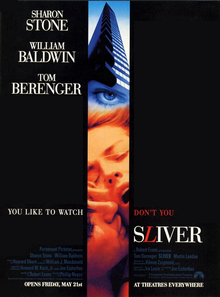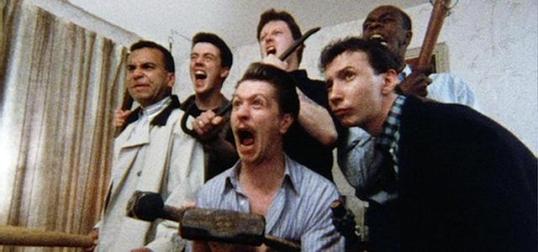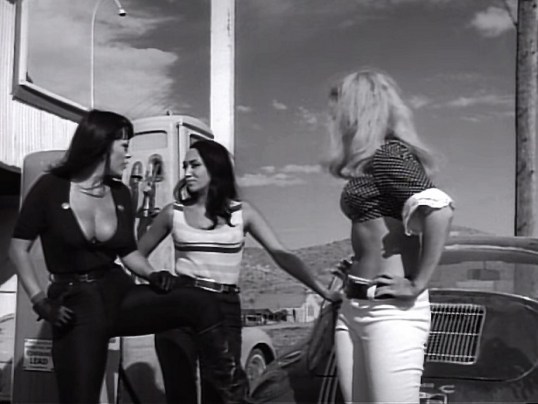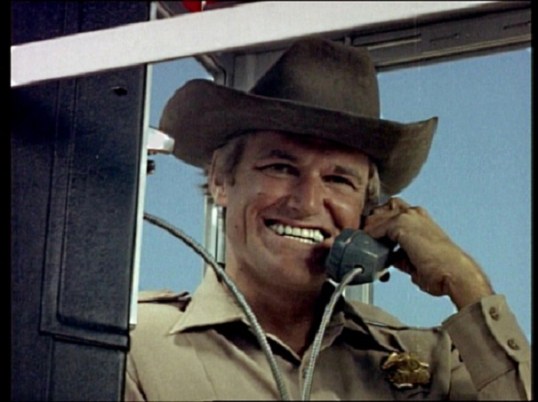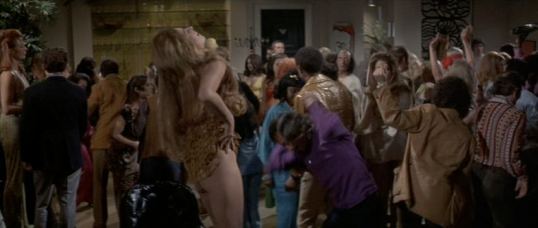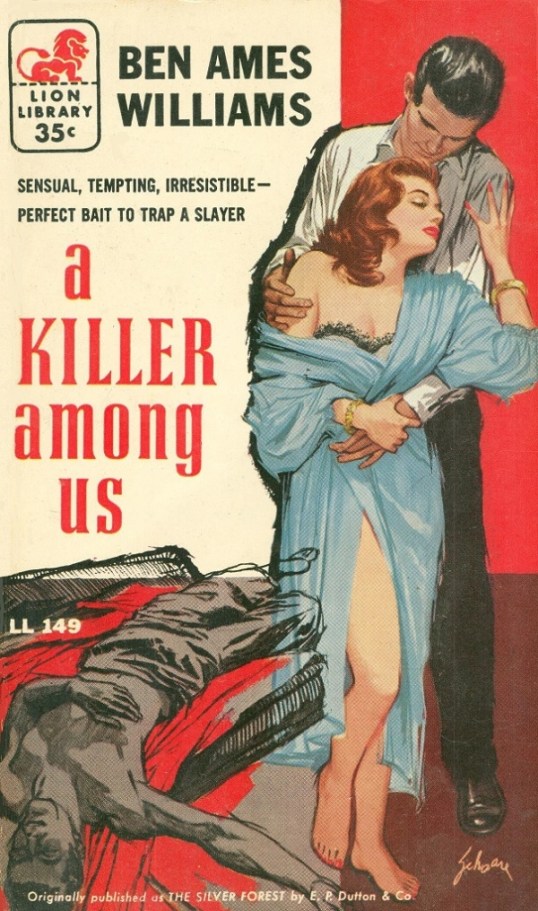Last week, I returned to exploring my aunt’s old collection of paperback books and I read Oath of Office, a political thriller that was originally published way back in 1988.
U.S. Sen. Jonathan Starr has just been elected to the presidency of the United States of America. As the first Jewish person to win the presidency, Starr is set to make history as soon as he’s sworn in. However, there’s a problem. Starr’s been kidnapped! The morning after his upset victory, Starr finds himself in the trunk of a car and later confined to a cell. With no knowledge of who has kidnapped him or what his ultimate fate is going to be, Starr can only wait and have numerous flashbacks to the events that led to him winning the presidency.
Meanwhile, the man that Starr defeated, President Sutherland, is trying to figure out who is behind the kidnapping. Was Starr abducted by the Russians? Or perhaps the kidnapping is the work of one of the Middle Eastern terrorist groups who is trying to thwart Sutherland’s efforts to bring peace to region? Maybe it’s the senator from Texas whose dialogue consists of stuff like, “Ah’ve been workin’ on this deal …. we’ll git it through befo’ the election.” (That’s an actual quote from the book, by the way. It seems like it would have been simpler just to say that the man had an accent but some writers just have to be cute about things.) There’s a lot of possibilities but we know that Starr’s kidnapping was masterminded by an imprisoned mobster, largely because the book tells us early on. I personally would have dragged out the suspense but no matter!
While secret service agent Andy Reynolds is trying to track Starr down, the Speaker of the House is plotting to take power for himself. He and his people have come across what they believe to be a loophole in the Constitution, which will keep the electoral college from being able to vote for either Starr or his running mate. In which case, the Speaker will automatically become president as soon as the incumbent’s term expires. So, yes, this is another political thriller where the plot largely hinges on a reading of the Constitution that any halfway experienced attorney would easily be able to shoot down.
As you can probably guess, this book has its flaws. According to the blurb on the back, this was the author’s first novel and I have no idea if he ever wrote a second one. There are a lot of points in the story that don’t ring true, especially in the flashbacks to Starr’s early political career and the author has a bad habit of telling us things as opposed to showing them. And, of course, there’s that terrible attempt to capture the Texas accent. Don’t even get me started on that.
That said, the idea behind the book is an interesting one. Only two people of Jewish descent have ever been nominated by a major political party. Barry Goldwater was an Episcopalian while Joseph Liebermann found himself being opposed by the anti-Semites in his own party. Of course, neither one of those men made it to the White House. Oath of Office does make an attempt to seriously consider the challenges that would face the first Jewish president and it’s also honest about how anti-Semitism is a prejudice that is often overlooked by even those who brag about their progressive credentials. As I said, the book has an interesting idea but the plot just keeps getting in the way.
